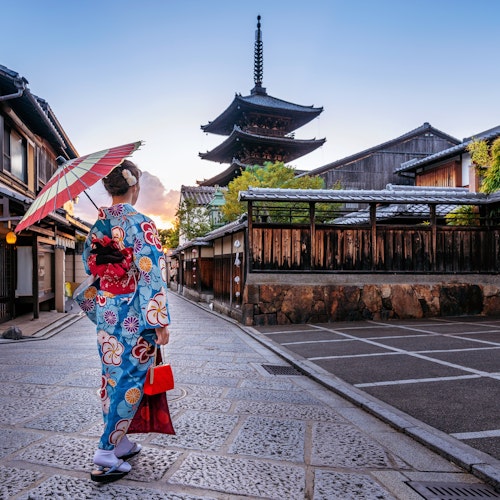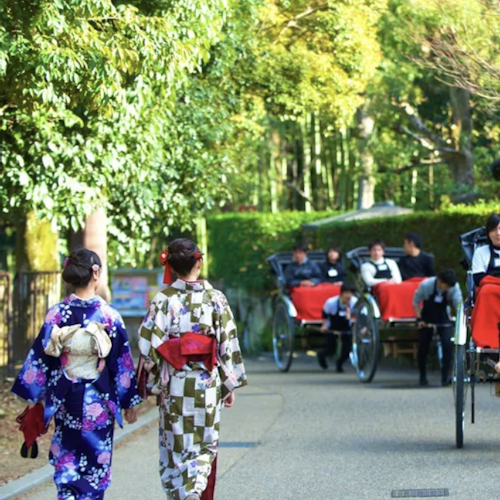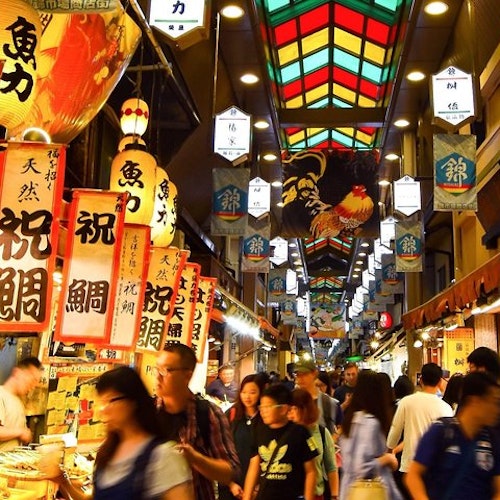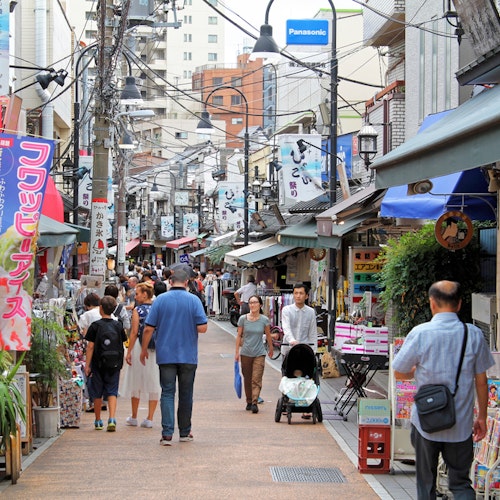Tokyo Nightlife: Shibuya vs. Roppongi

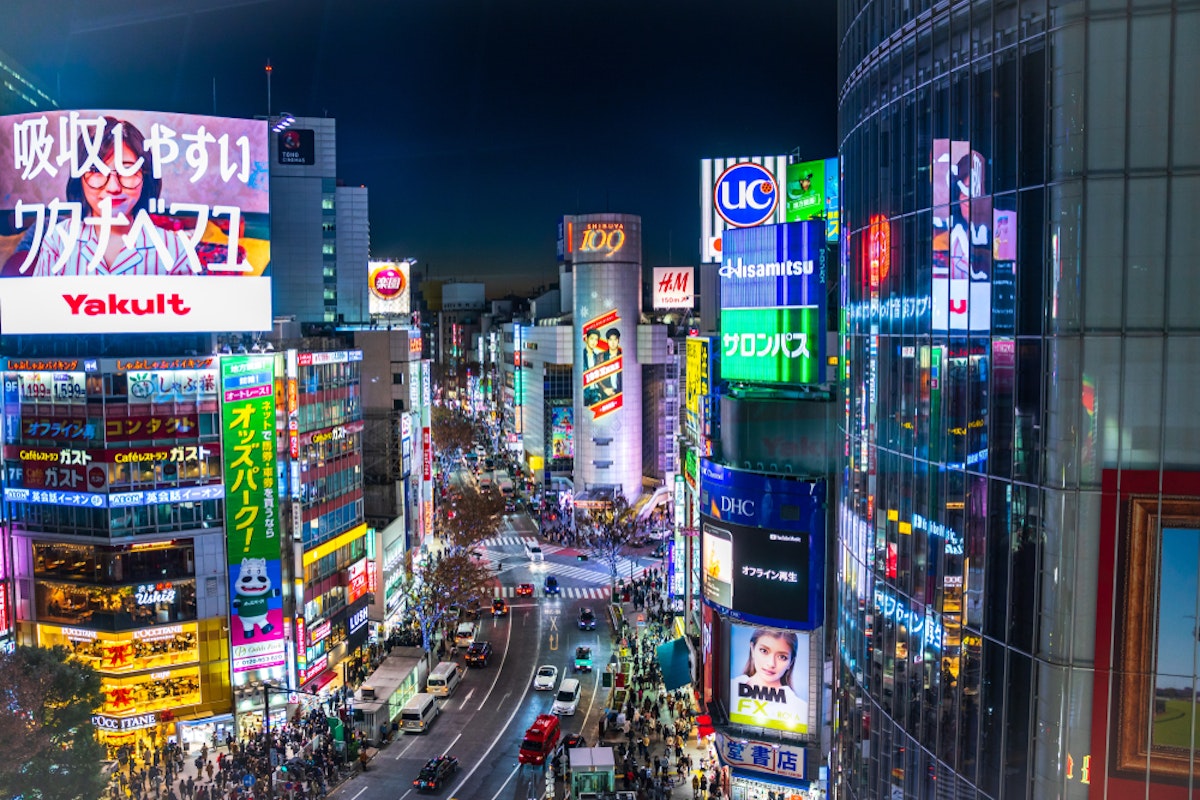
Tokyo, Japan's bustling capital, is a city that truly never sleeps. Known for its vibrant nightlife, Tokyo offers a diverse range of entertainment options that cater to all tastes and preferences. Two districts that are particularly famous for their nightlife are Shibuya and Roppongi. Both offer unique experiences, attracting both locals and tourists alike. But the question often arises: which one should you choose for your night out in Tokyo - Shibuya or Roppongi?
Shibuya, famed for its iconic scramble crossing and neon lights, pulsates with youthful energy. It's a paradise for the young and the young-at-heart, teeming with trendy shops, restaurants, and clubs. On the other hand, Roppongi is renowned for its upscale ambiance. Home to many embassies and multinational corporations, Roppongi has a more international vibe, with a mix of high-end restaurants, bars, and art galleries.
Both districts have their unique appeal, and choosing between them can be a tough call. This article aims to provide an in-depth comparison of Shibuya and Roppongi's nightlife, helping you make an informed decision based on your preferences.
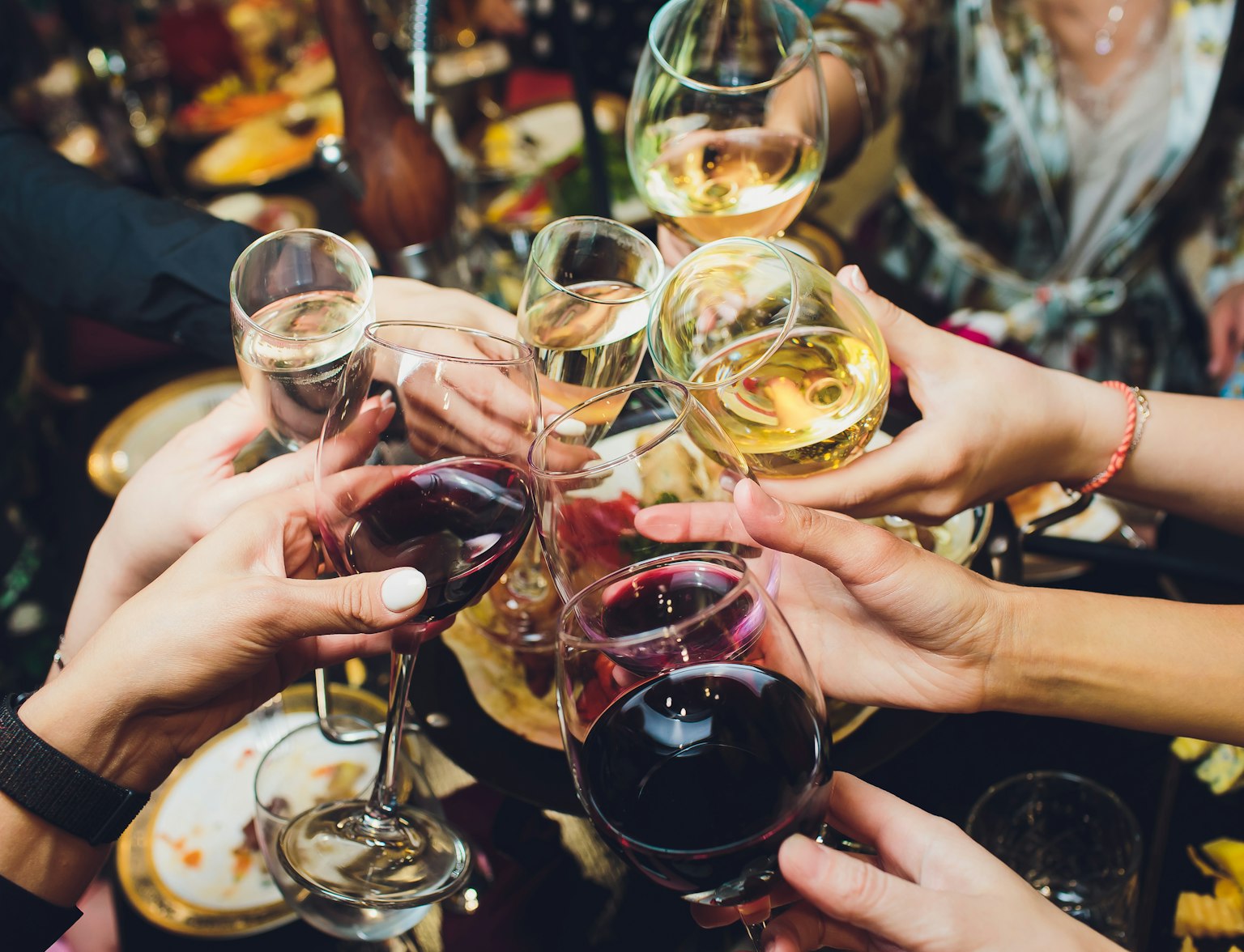
Experience the vibrant nightlife of Tokyo with our unique Shibuya Bar Hopping tour. Guided by a local expert, explore hidden pub alleys, taste authentic Japanese pub dishes, sip on local drinks, and immerse yourself in Shibuya's captivating after-dark culture. An unforgettable journey awaits!
Shibuya - The Youthful Heart of Tokyo's Night Scene
Shibuya, a district in Tokyo that is always buzzing with youthful energy, is well-known for its dynamic nightlife. From the famed Shibuya Crossing to the vibrant streets of Dogenzaka and Udagawacho, it offers a diverse range of nightlife activities. With an array of bars, clubs, and restaurants, it has a scene to suit everyone's tastes. Whether you're in the mood for dancing the night away, enjoying a quiet drink, or exploring unique entertainment options, Shibuya has got you covered.
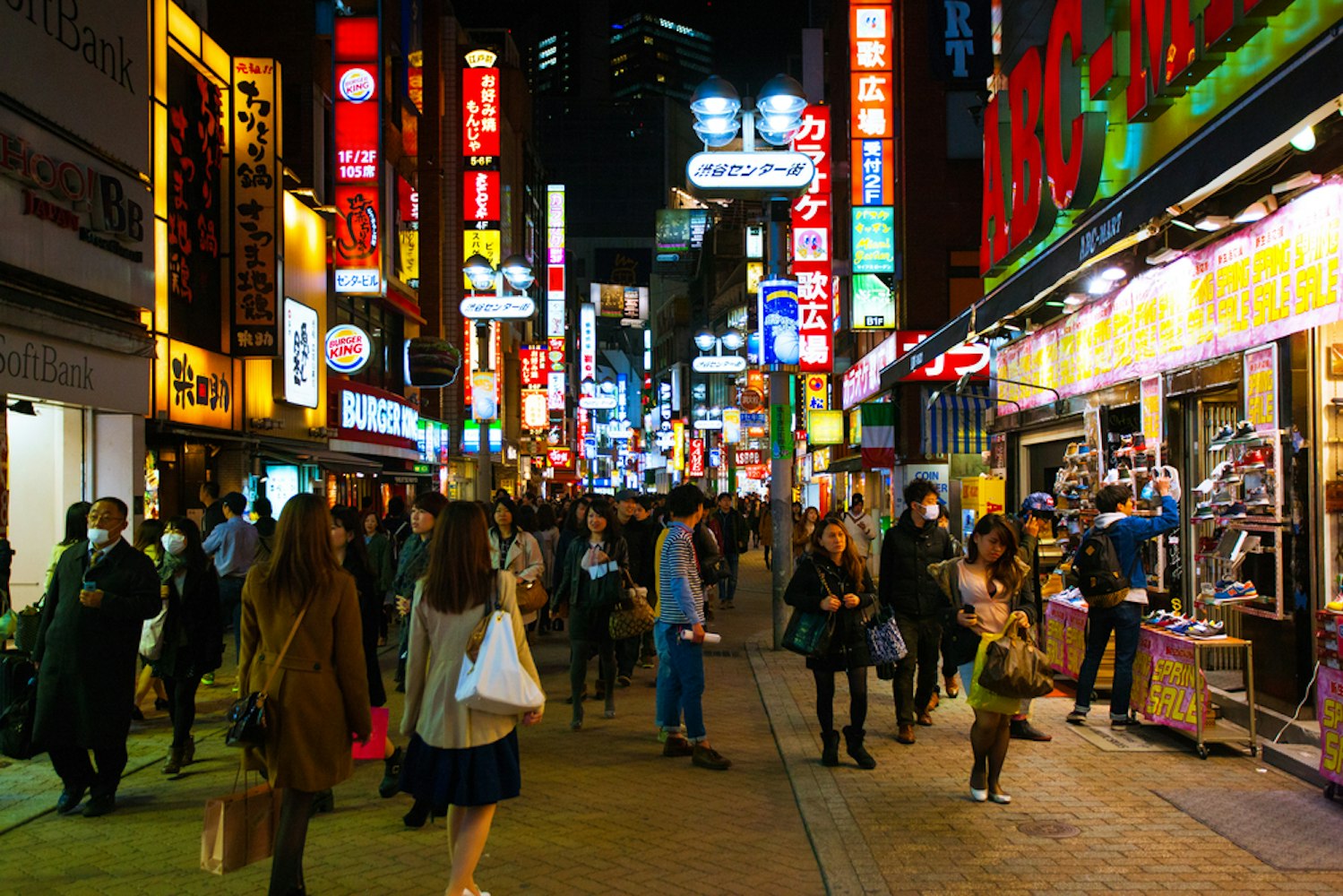
The district is particularly famous for its music scene. Numerous venues scattered around Shibuya host both local and international artists, offering a variety of genres to cater to all musical preferences. Furthermore, it's not just about music; Shibuya is also home to various other forms of entertainment, ensuring that there's never a dull moment when the sun goes down.
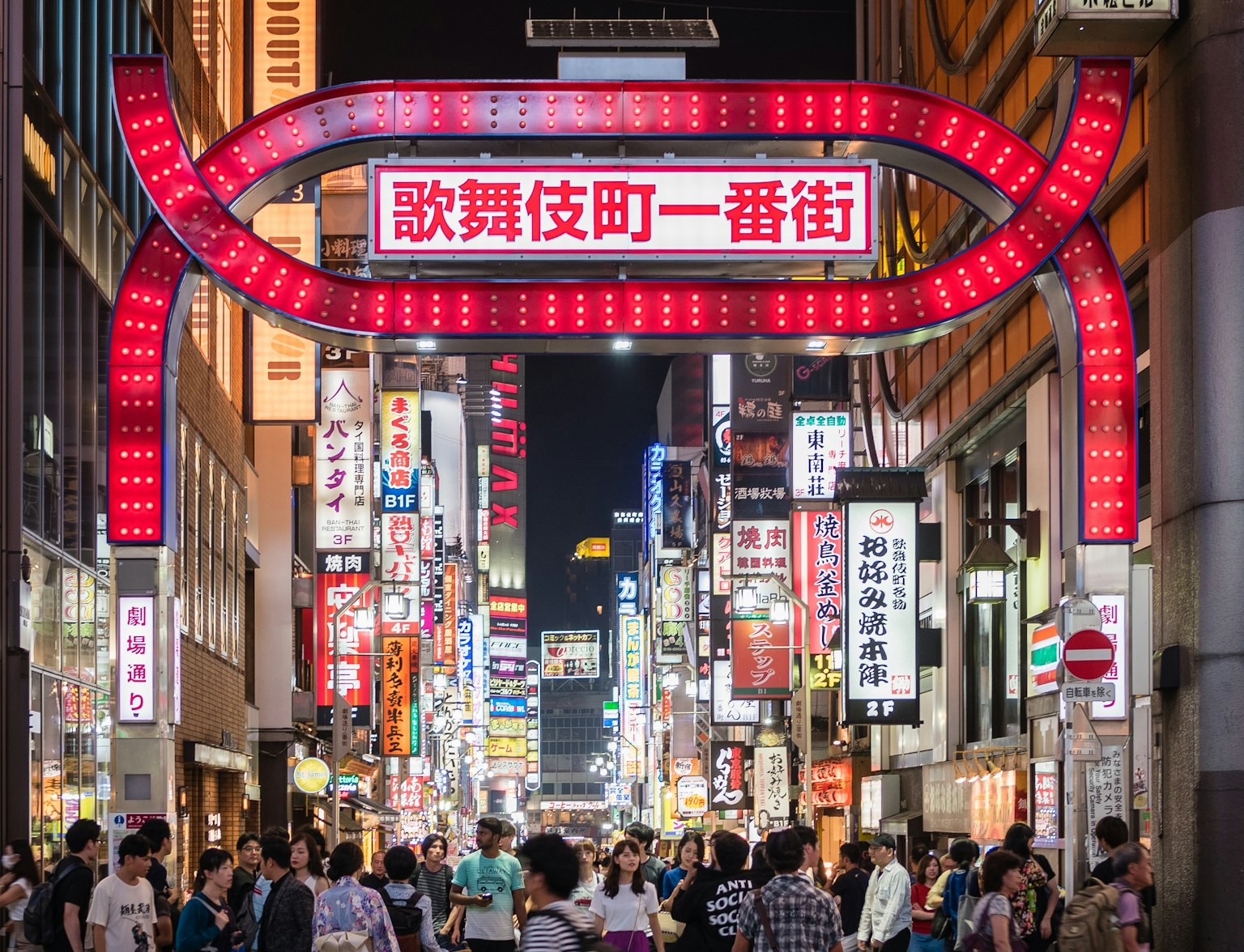
Explore Shinjuku's hidden bars with our Tokyo Bar Hopping Tour. Enjoy local food, drinks, and Izakaya culture. All-inclusive with an English-speaking guide. Discover Tokyo's nightlife secrets.
Popular Nightlife Spots in Shibuya
Several spots stand out for their popularity among both locals and tourists in Shibuya. These include:
WOMB: Known as a synonym for clubbing in Shibuya, WOMB regularly hosts top DJs from Japan, providing a lively atmosphere perfect for dance enthusiasts.
TK NIGHTCLUB: This venue is renowned for its infectious music and high-energy crowd. It's a must-visit for anyone seeking a true Shibuya clubbing experience.
CÉ LA VI Tokyo: Offering breathtaking city views, this upscale club is ideal for those seeking a more luxurious night out.
ATOM TOKYO: Particularly popular on weekdays, this club promises a memorable night with its great music and vibrant crowd.
Karaoke Rooms and Live Music Venues
In addition to its vibrant club scene, Shibuya is also known for its karaoke rooms and live music venues. Karaoke is a beloved pastime in Japan, and Shibuya is home to numerous karaoke rooms where you can unleash your inner pop star.
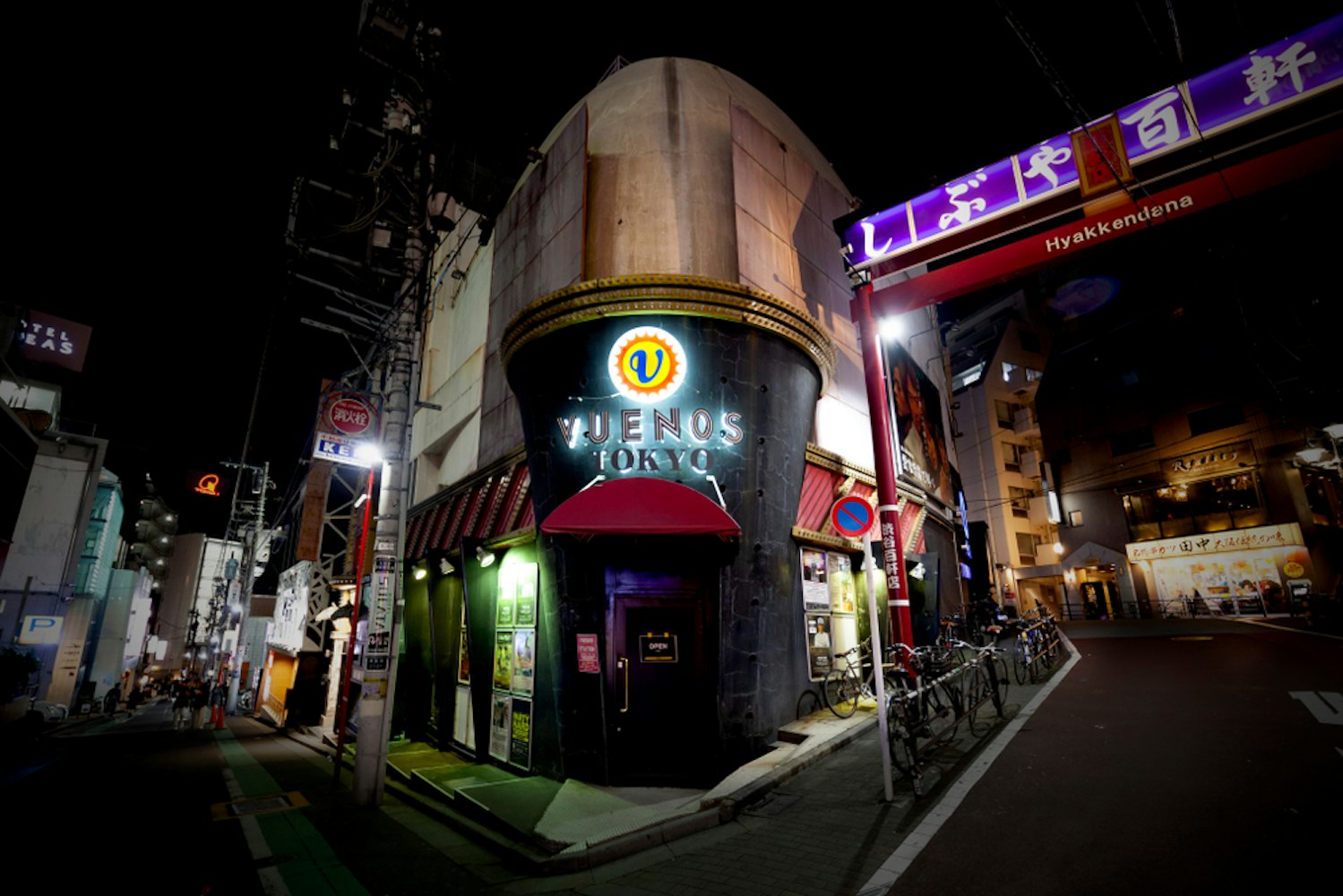
Live music venues such as Club Quattro and Shibuya O-East regularly host concerts featuring a mix of local and international artists, catering to all music tastes. Whether you're a seasoned singer or simply enjoy listening to live performances, these venues offer a different kind of nightlife experience in Shibuya.
Unique Experiences in Shibuya
Shibuya offers more than just your typical bars and clubs. For those seeking unique experiences, consider the following:
Tokyo Comedy Bar & Pirates of Tokyo Bay: These bilingual comedy shows offer a fun and unique way to spend an evening. With performances in both English and Japanese, they cater to a diverse audience.
The Bellwood: This stylish bar boasts a wide range of cocktails, making it an excellent spot for a relaxed night out.
Øl Tokyo: A craft beer bar offering a broad selection of international beers. It's the ideal place for beer aficionados to unwind and sample new brews.
Roppongi - The Sophisticated Side of Tokyo's Nightlife
Roppongi, often referred to as Tokyo's glitzy nightlife district, is well-known for its vibrant energy and diverse range of entertainment options. From sleek clubs, artistic lounges, to cozy watering holes, this district offers something for everyone. Its reputation as a hub for foreign tourists and expats adds a cosmopolitan flair to the nightlife scene. However, it is worth noting that while Roppongi is famous for its nightlife, some areas may be considered sketchy, with touts attempting to lure tourists into seedy establishments.
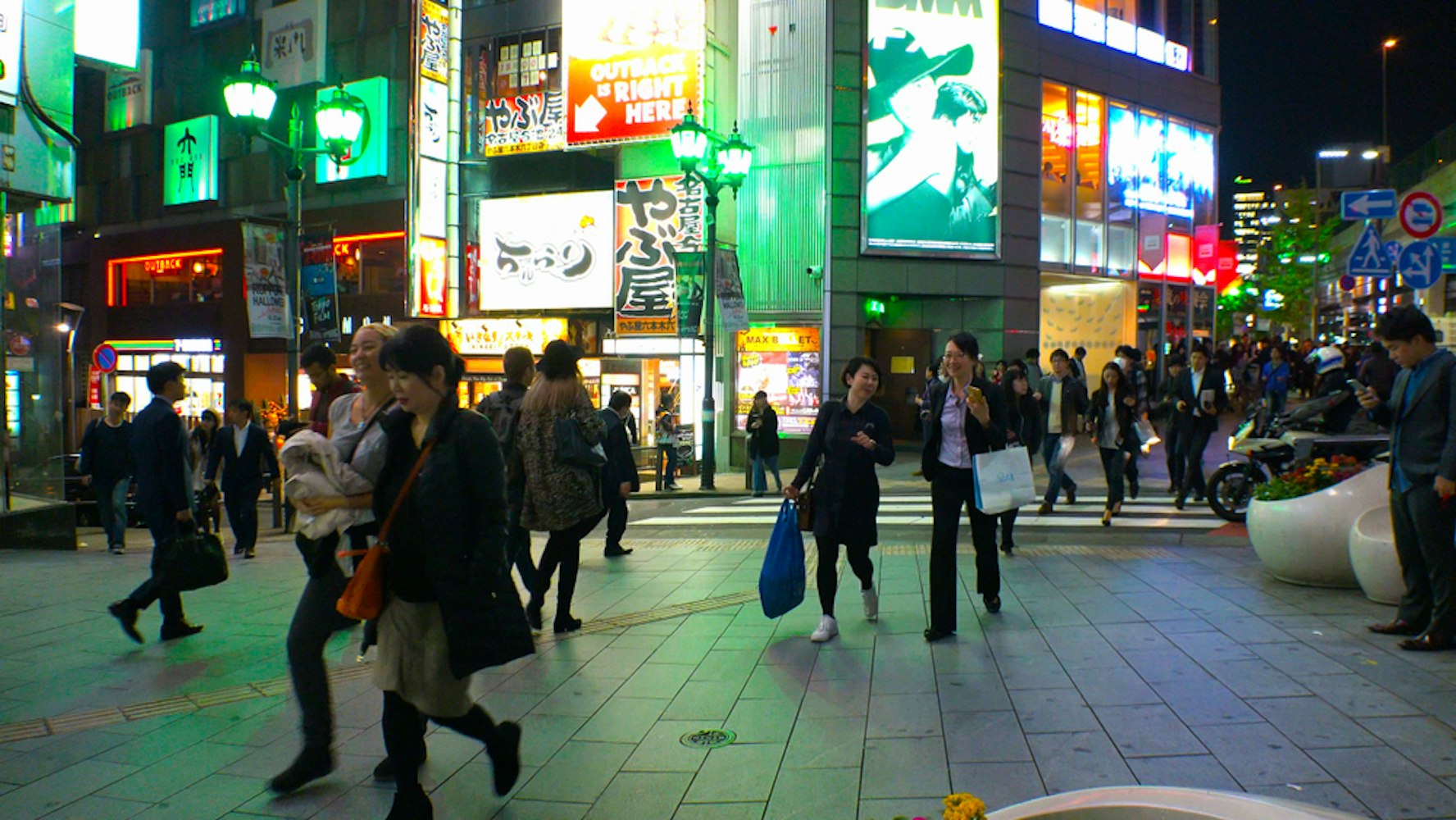
Despite this, there are numerous reputable places to enjoy in Roppongi. Some of the most frequently visited nightclubs include V2 Tokyo, ALIFE, Odeon Tokyo, Villa Tokyo, and 1OAK Tokyo. If you prefer a more laid-back atmosphere, consider visiting the Tantra Artistic Lounge, Burlesque Tokyo, Mogambo Tokyo, Geronimo Shot Bar, and Bauhaus. Alternatively, for a unique experience, try out Train Bar or Jumanji 55, both popular with locals and expats.
Best Nightlife Attractions in Roppongi
Roppongi, a district renowned for its nightlife, offers a wide array of attractions from high-energy nightclubs to relaxed lounges and bars. Here's a list of some of the best nightlife attractions you should consider:
Tantra Artistic Lounge: Known for its intimate setting and captivating performances, Tantra Artistic Lounge provides an artistic twist to your evening out. It ranks among the top nightlife spots in Roppongi, offering a distinctive blend of entertainment and artistry.
Burlesque Tokyo: This establishment stands out with its flamboyant performances and lively atmosphere. It's a unique blend of entertainment that adds color to Roppongi's nightlife scene.
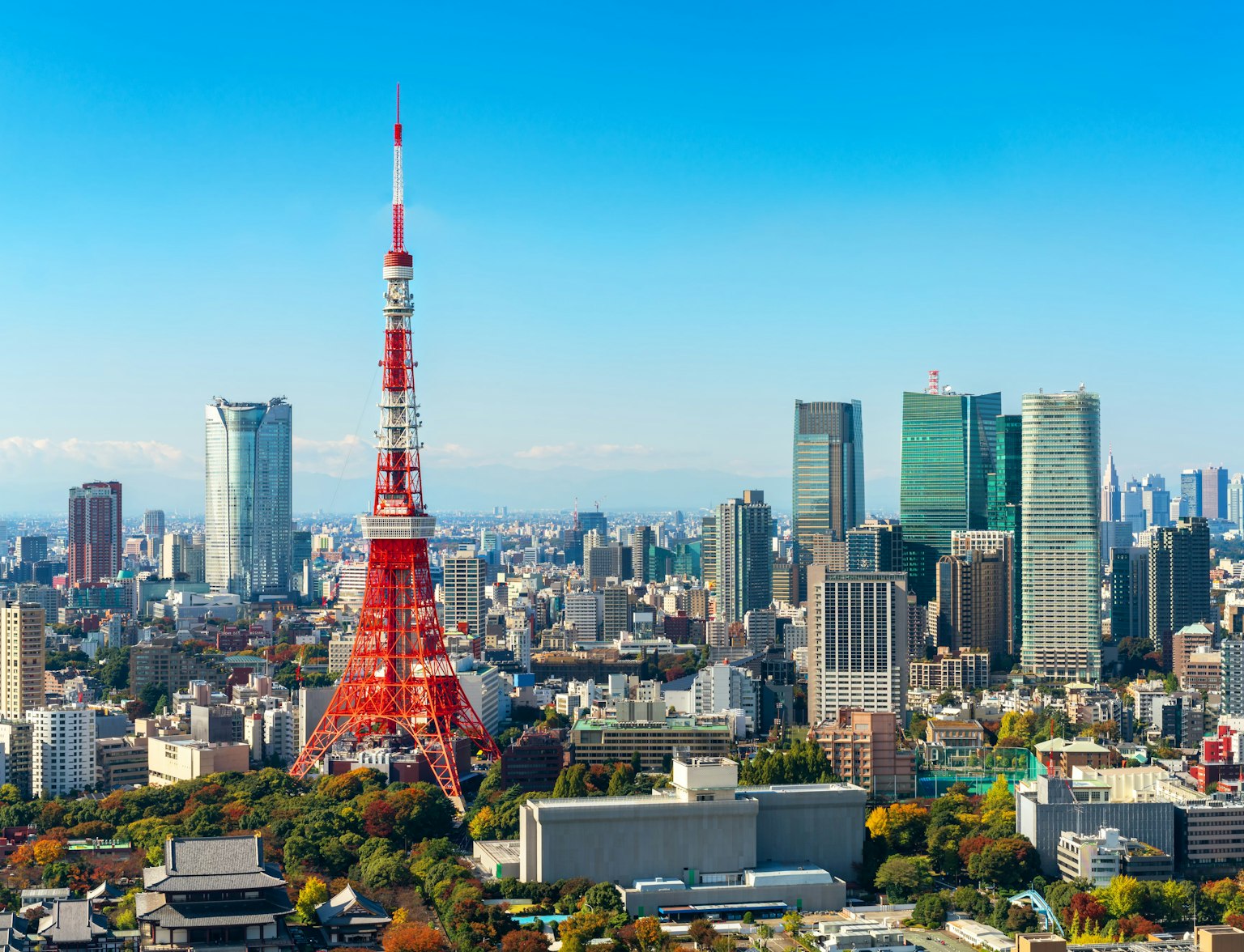
Visit Roppongi in the evening with a chartered vehicle.
Mogambo Tokyo & Geronimo Shot Bar: Both are top picks for nightlife enthusiasts. Mogambo Tokyo is a legendary bar favored by locals, expats, and foreign business travelers, offering great drinks, good banter, and awesome music. Geronimo Shot Bar, known for its vibrant atmosphere, is a great spot to enjoy a variety of shots and cocktails.
Train Bar & Jumanji 55: If you're looking for a more local experience, these two establishments are popular among locals and expats. They offer a laid-back atmosphere that's perfect for winding down after a long day .
V2 Tokyo, ALIFE, Odeon Tokyo: These are some of Roppongi's most frequented nightclubs. Each offers its own unique vibe and music, catering to a wide range of party-goers.
Roppongi Hills and Tokyo Midtown: Centers of Nightlife Luxury
Roppongi Hills and Tokyo Midtown are two major complexes that serve as the epicenters of luxury nightlife in Roppongi. They house a plethora of high-end restaurants, bars, and clubs, providing a sophisticated and luxurious experience for visitors.
Roppongi Hills, for instance, is a noteworthy attraction due to its impressive architecture and the variety of entertainment options it offers. It's also home to the famous Roppongi Crossing, a bustling intersection that's a must-visit for any tourist.
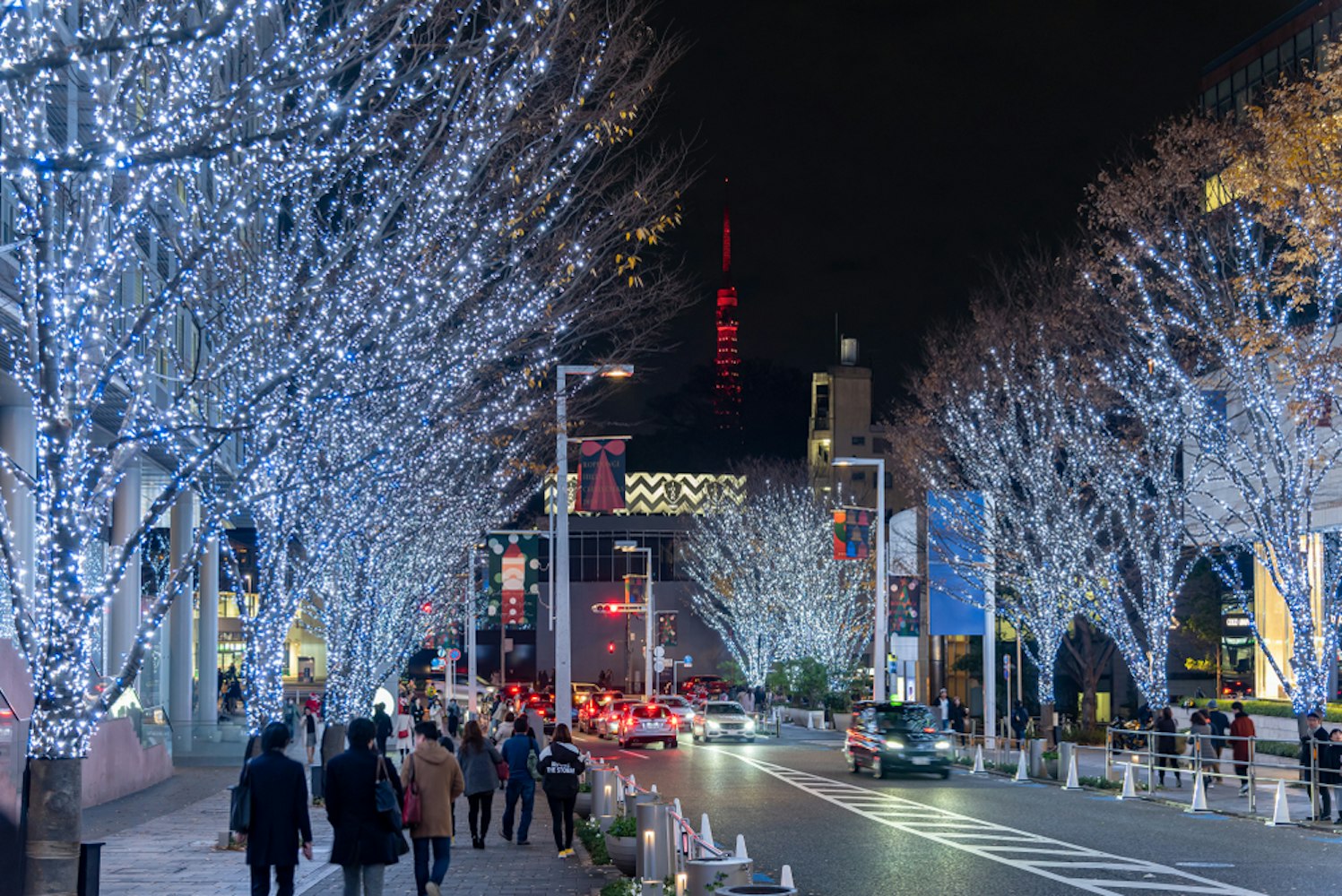
On the other hand, Tokyo Midtown boasts an array of upscale dining establishments, perfect for foodies looking to indulge in gourmet experiences. Whether you're seeking a night of dancing, a gourmet dinner, or simply a relaxing evening with a cocktail in hand, these two locations offer a taste of luxury that's hard to beat.
Comparing Shibuya and Roppongi
Shibuya and Roppongi offer contrasting atmospheres that cater to different tastes and preferences. Shibuya, known for its iconic Shibuya Crossing, vibrates with a youthful and energetic pulse. The area is a magnet for Tokyo's younger generation, where fashion-forward teens and young adults gather. The streets buzz with lively energy, often amplified by street performers and vibrant digital billboards. This youthful vibe is reflected in the casual, more relaxed dress codes of its bars and clubs.
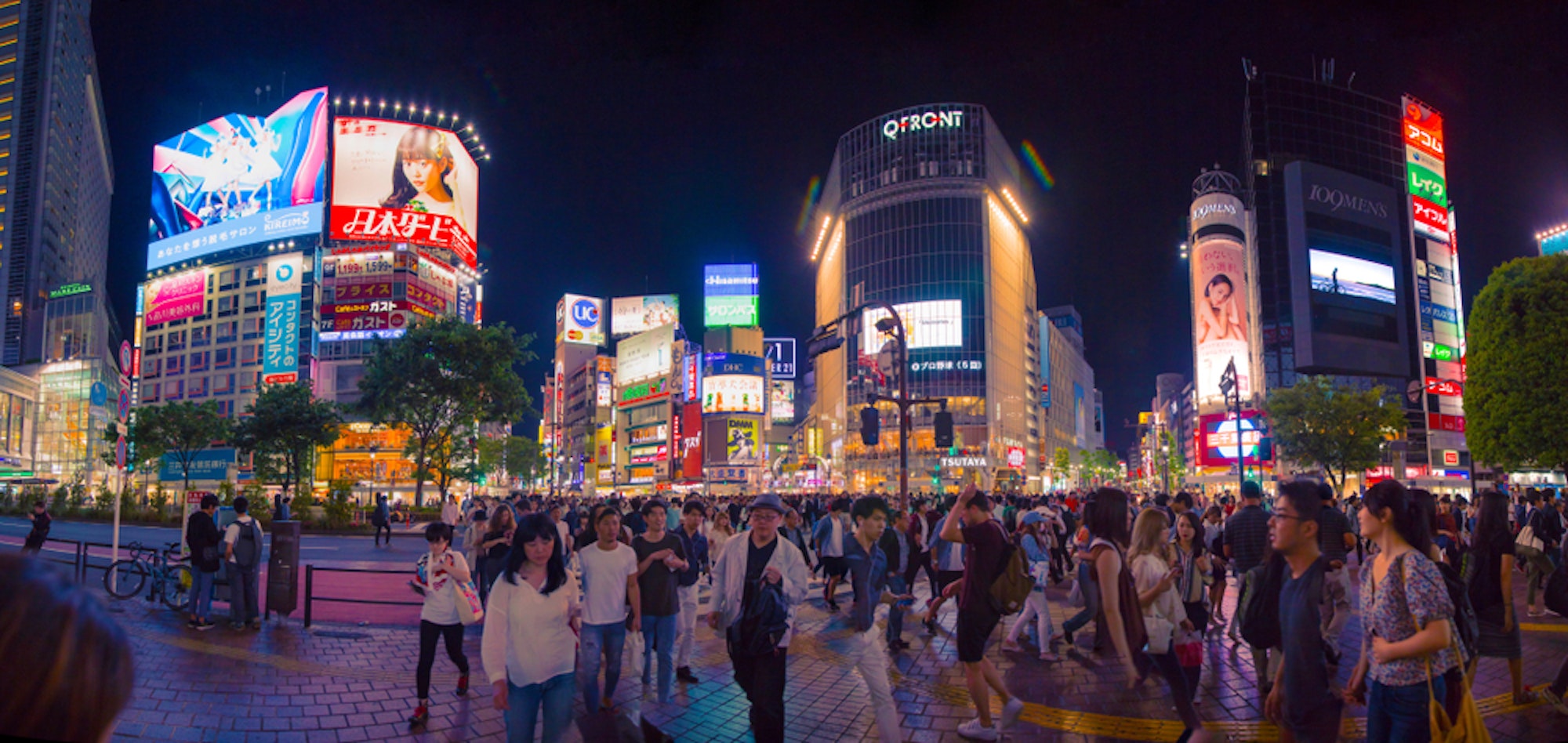
In contrast, Roppongi presents a more polished and sophisticated nightlife experience. It's an area where Tokyo's high society and expatriates converge, offering a more international flavor. The crowd here tends to be older and more affluent, often dressed in chic attire. Roppongi's nightlife is characterized by its upscale bars and clubs, where a more refined decor and ambiance reign.
Price Range and Accessibility
Shibuya is the ideal choice for those seeking an affordable night out. The area boasts a plethora of budget-friendly options, from lively izakayas with all-you-can-drink specials to clubs with low entry fees. This makes Shibuya a perfect spot for visitors who want to experience Tokyo's vibrant nightlife without overspending.
Roppongi, in stark contrast, is known for its premium nightlife experiences. It's home to some of Tokyo's most exclusive clubs and lounges, where luxury comes at a price. Expect high-end drinks, cover charges, and sophisticated table service, catering to guests who prefer a more opulent night out.
Unique Offerings
Shibuya is not merely about its bars and clubs; it's a cultural hub. The area reflects Tokyo's street culture, from fashion trends to urban art. Landmarks like the Hachiko Statue and Shibuya Crossing are not just popular meeting spots but symbols of the city's dynamic youth culture.
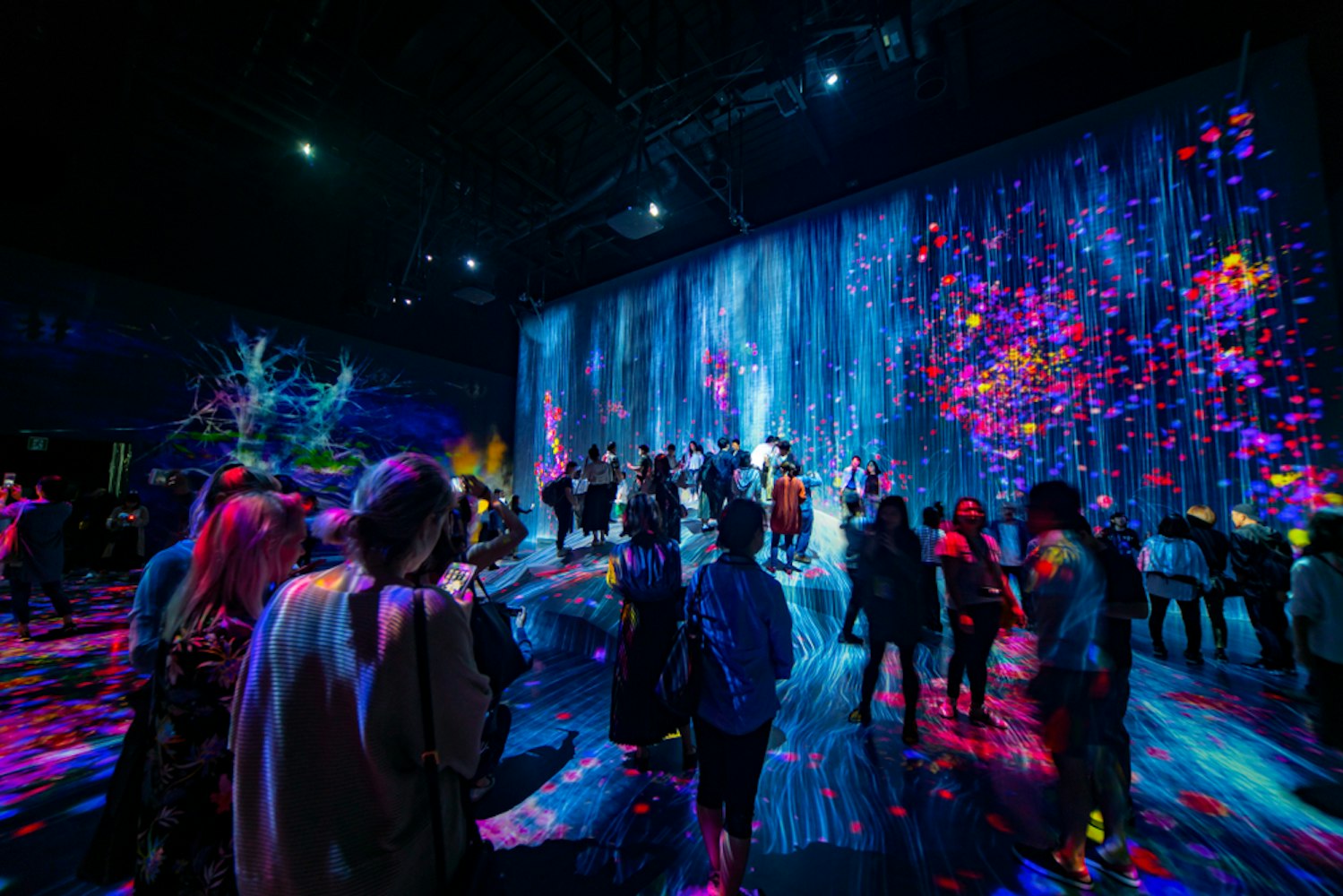
Roppongi, on the other hand, blends art with its nightlife. The district is renowned for cultural landmarks like the Mori Art Museum and the National Art Center, which host unique late-night events. Roppongi's luxury is also evident in its upscale venues, including Roppongi Hills and Tokyo Midtown, offering an exclusive mix of high-end dining and entertainment.
Final Thoughts on Tokyo After Dark
As we wrap up our nocturnal tour, it's clear that both Shibuya and Roppongi have their unique charms that make Tokyo's nightlife vibrant and diverse. Shibuya, with its youthful exuberance and fast-paced fashion trends, offers a whirlwind of excitement for those seeking a lively, bustling scene. On the other hand, Roppongi's sophisticated allure, teeming with upscale eateries and art exhibits, caters to those looking for a more refined and relaxed evening.
In the end, your choice between Shibuya and Roppongi will likely depend on your personal preferences and the kind of night you wish to experience. Whether you're in the mood for dancing the night away amid Shibuya's neon lights or savoring a quiet cocktail while admiring Roppongi's skyline, Tokyo is a city that truly comes alive after sunset and offers something for everyone.
